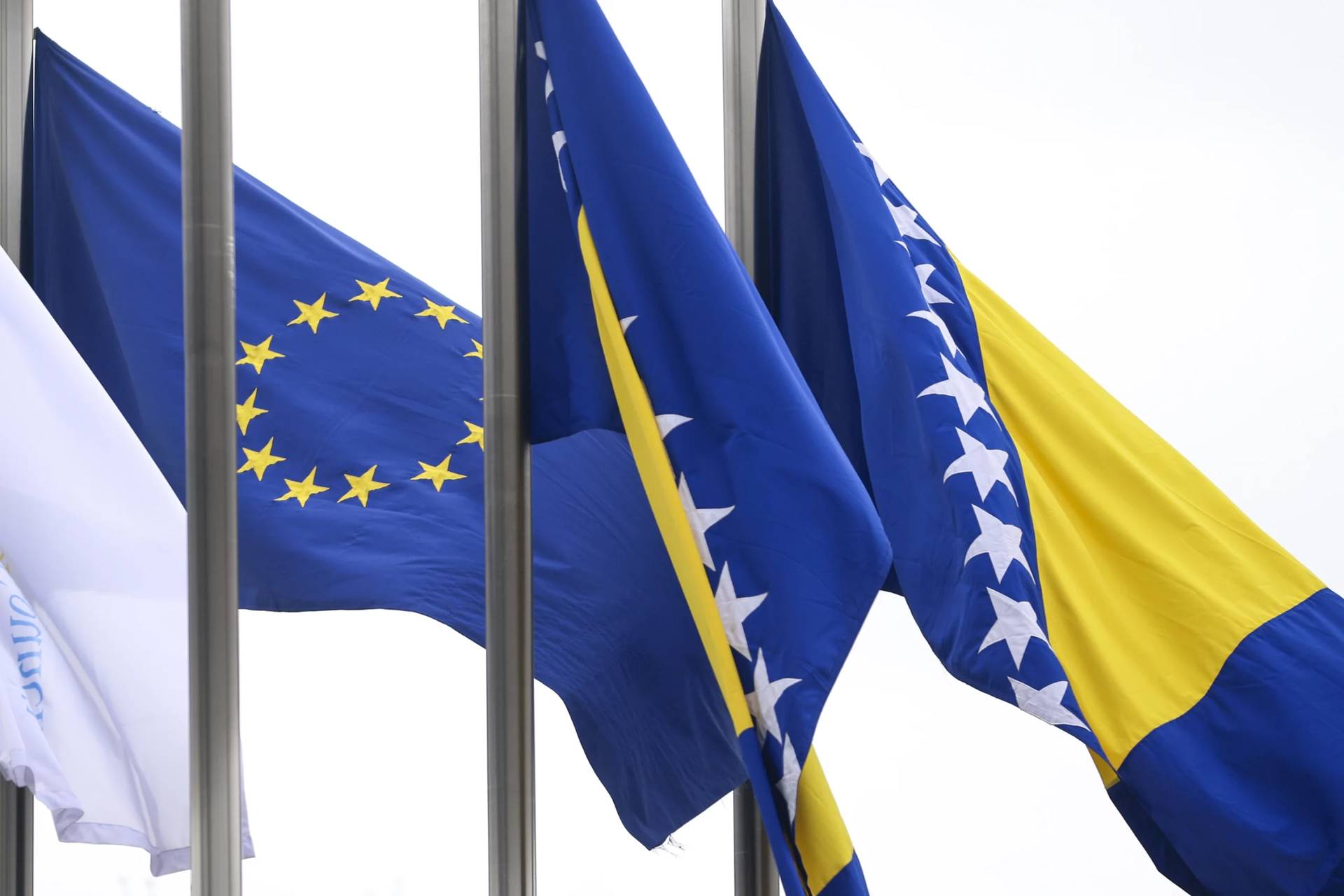ROME – From the very beginning of his pontificate, there’s been a debate about whether Pope Francis leans more to the right or the left. Recently he’s made strong speeches to two different groups, the upshot of which may be that those two categories just don’t apply to him.
On Saturday, he welcomed members of a Catholic movement called “Schoenstatt” on the 100th anniversary of its foundation in Germany. On Tuesday, he addressed the World Meeting of Popular Movements, which brings together social activists from five continents to deal with issues such as labor, migration, and the rights of indigenous peoples.
His comments to Schoenstatt seemed to track to the cultural right, offering a strong defense of traditional marriage.
“The family and marriage have never before been under attack, either directly or indirectly, like nowadays,” Francis said.
Yet two days later, his comments to the popular movements appeared to cut equally to the left.
“Land, roof, and work … It’s odd, but for some, if I talk about these, it turns out the pope is a Communist,” Francis joked.
“The fact that the love for the poor is in the center of the Gospel is misunderstood,” he said. “Those [values] for which you’re fighting for are sacred rights. It’s the Church’s social doctrine.”
Perhaps the real story isn’t one talk or the other, but rather the fact that the same pope made both.
The Schoenstatt gathering, which brought together 7,500 people from around the globe, gave Francis a chance to offer his first substantial reflections on family issues since the close of the Synod of Bishops, which featured sharp debate over how welcoming the Church should be of non-traditional relationships.
Francis warned against the view that, “You can call everything a family.”
“What is being proposed [by civil laws] is not marriage, it’s an association,” he said. “It’s not marriage! It’s necessary to say these things very clearly, and we have to say this!”
He called the sacrament of marriage a “bastion” that’s currently being turned into a ritual, and he conceded that the Church may be partially at fault.
“It is a sin of omission on our part,” he said, not to demand and to provide adequate preparation before the sacrament.
“It [marriage] requires time and accompaniment,” the pope said. “Many people get married without knowing what it means to get married and what it involves.”
If that sounded right-leaning, Monday’s audience heard a different, and decidedly left-ish tone.
More than 200 participants, including Archbishop Wilton Gregory of Atlanta and Bishop Joseph Strickland of Tyler, Texas, took part in an Oct. 27-29 meeting organized by the Vatican’s Council for Justice and Peace, together with the Pontifical Academy of Social Sciences and leaders of various popular movements.
The National Family Farm Coalition from the USA, the Movement of the Landless from Brazil, the Malawi Union for Informal Sector, and the Movement of Excluded Workers from Argentina were among the participants.
“This meeting of popular movements,” Francis said, “is a great sign: You’ve come to put in the presence of God, the Church, the peoples, a reality often silenced. The poor not only suffer injustice, but they also fight against it.”
During his 30-minute speech, the pontiff also referred to the concept of solidarity, stating that it means more than sporadic gestures of generosity.
“It’s fighting against the destructive effects of the empire of money: forced displacements, painful emigrations, human trafficking, drug, war, violence,” he said.
“Solidarity in its deepest meaning, is a way of making history, and that’s what popular movements do,” the pope said.
Francis said the group’s motto, “Land, Roof, and Work,” responds to a very concrete hope that every parent carries for his or her children.
“It’s a longing that should be within reach for everyone,” he said, “but sadly we see that it’s becoming further away from the majority.”
Francis defined hunger as a “crime,” and access to food as an inalienable right.
“I know some of you are calling for land reform,” said Francis. Quoting the social doctrine of the Church, he said “land reform is not only a political necessity, it’s a moral obligation.”
On housing, he promoted “urban integration,” a concept that aims to integrate the marginalized and those living in the slums to the cities.
“In the slums we find values that have been forgotten by the rich downtowns,” he said. “They have a valuable popular culture, where the public space is an extension of the home, a place to connect with our neighbors.”
On “work,” Francis said there’s no material poverty worse than not being able to earn a living. He considered youth unemployment and informal labor to be the result of an economic system that puts economic benefit above humanity.
Coming back to one of his most common concepts, both on Saturday and Tuesday, Pope Francis spoke about a “throwaway culture” that leaves the children and the elderly in the margins.
“Neither the children nor the elderly produce, so we abandon them,” he said. “Now the youth are being thrown away. Millions are unemployed. We are sacrificing a generation to maintain a system that has made the god of money its center.”
In isolation, one of these talks might suggest that Francis is a “conservative” and the other that he’s a “liberal.” Taken together, they appear to reveal something else: A pope who’s almost impossible to label.

















